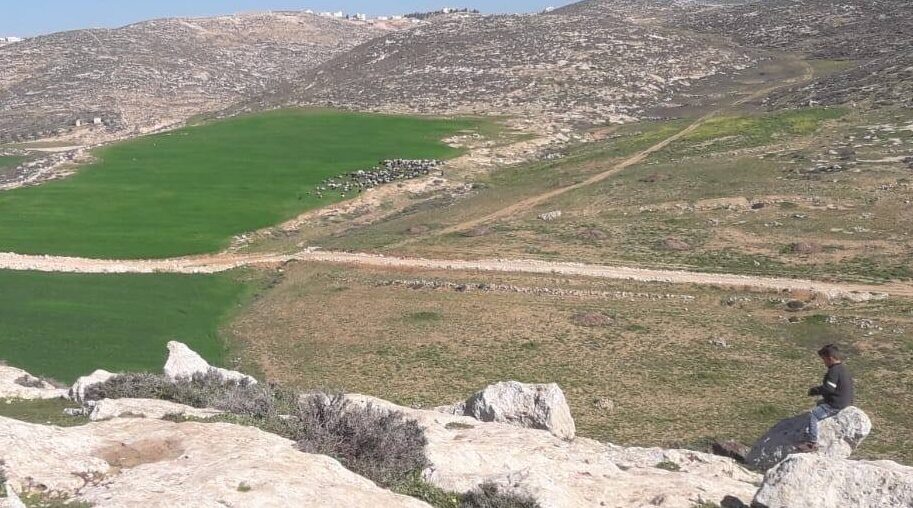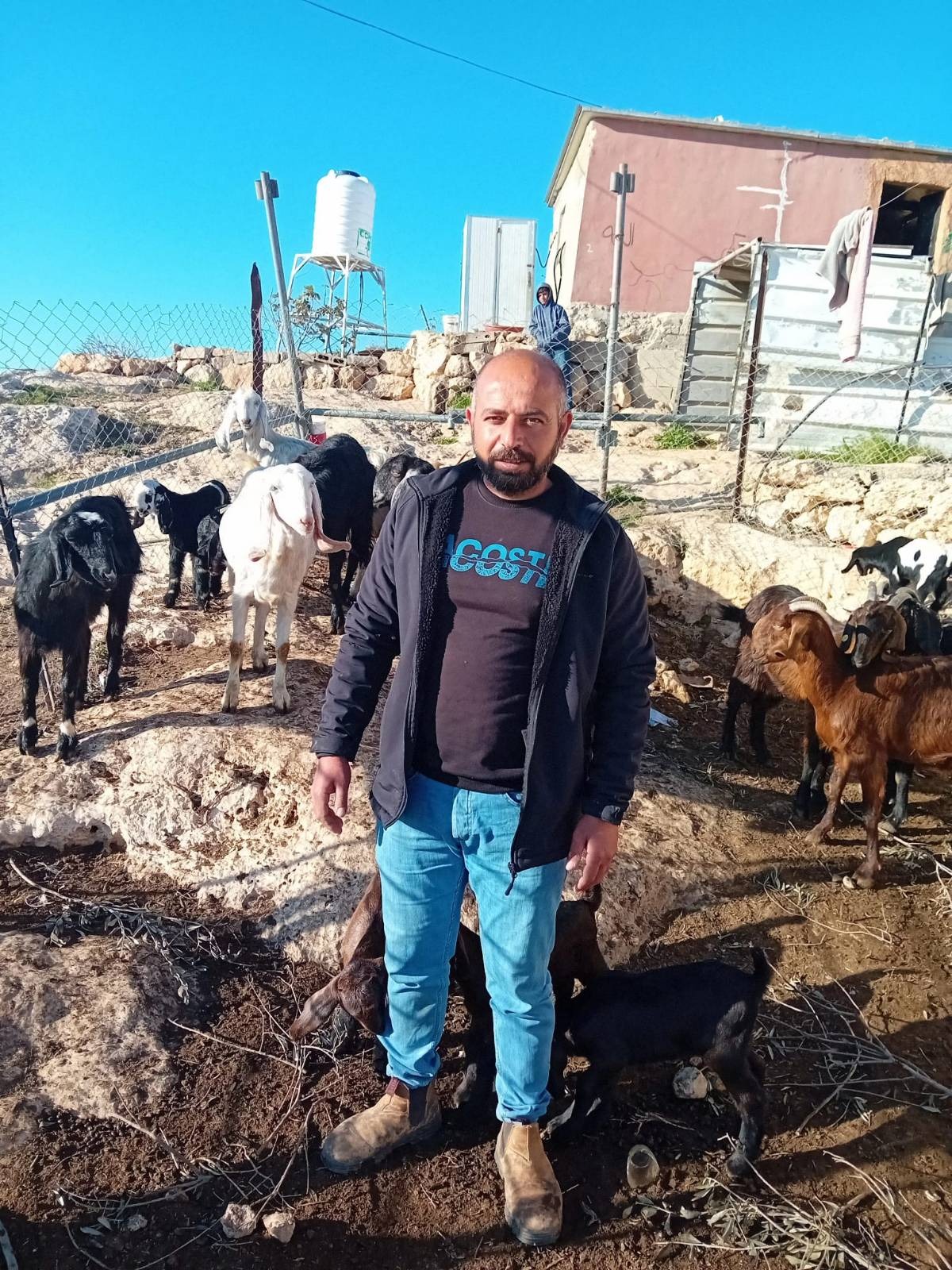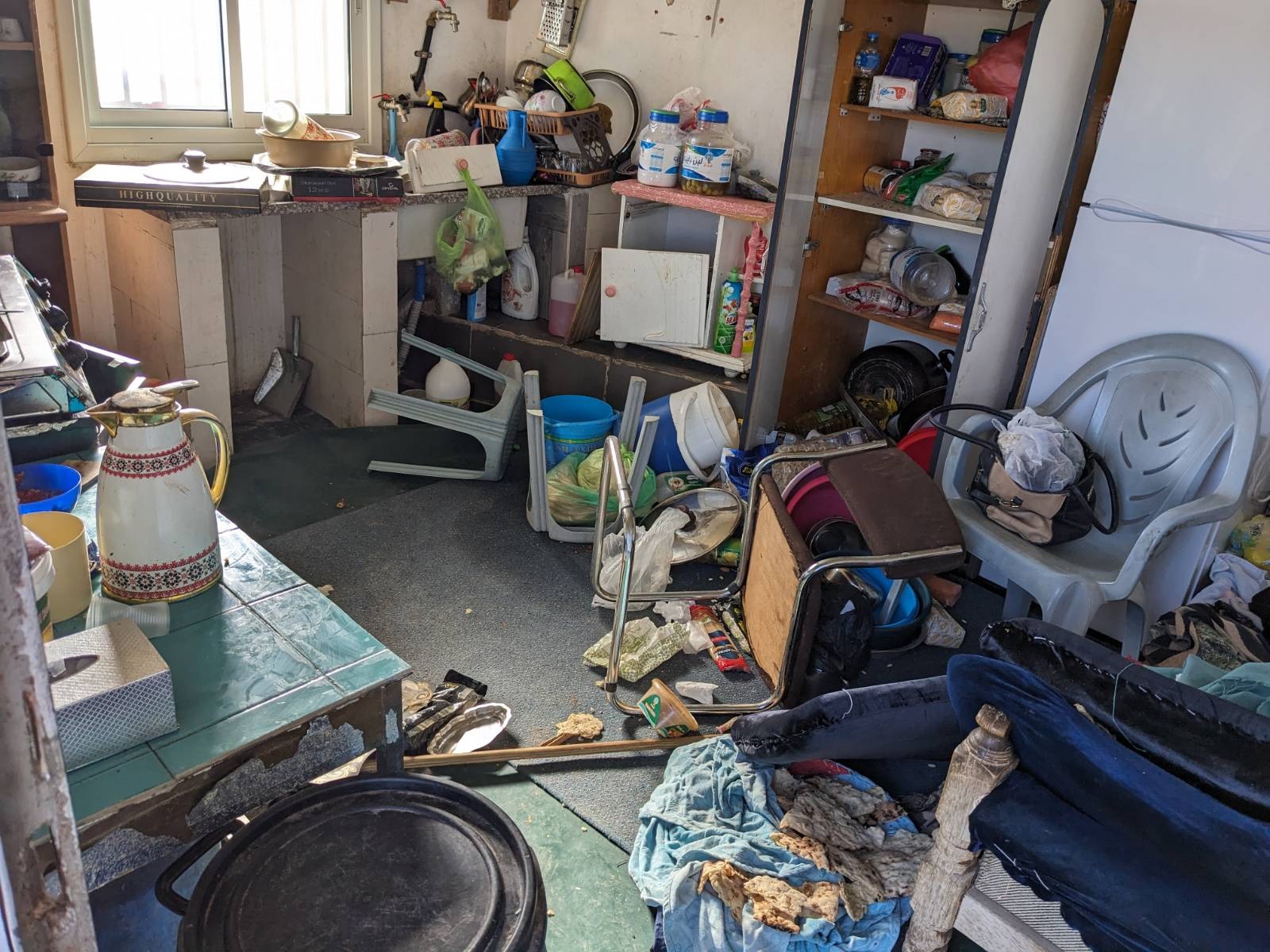Tag: Masafer Yatta
-
Wadi Tiran: The Struggle for Shepherding
13 February 2024 | International Solidarity Movement | Masafer Yatta In the secluded village of Tiran, two shepherd families report increasing harassment by settler shepherds from the nearby outpost “Havat Yehuda”. Tiran is one of many hamlets south of Al Khalil (Hebron), known collectively as Masafer Yata. Like other villages in the area, Tiran is…
-
When Shepherding Your Flock Becomes a Crime
16 January 2024 | International Solidarity Movement | Masafer Yatta Muhammed being led away by IOF soldiers. Credit: ISM. For the villagers of Khallet Al Dabaa, in Masafer Yatta, shepherding is a traditional way of life. One which they have followed on their traditional lands in the West Bank’s South Hebron Hills since Ottoman…



